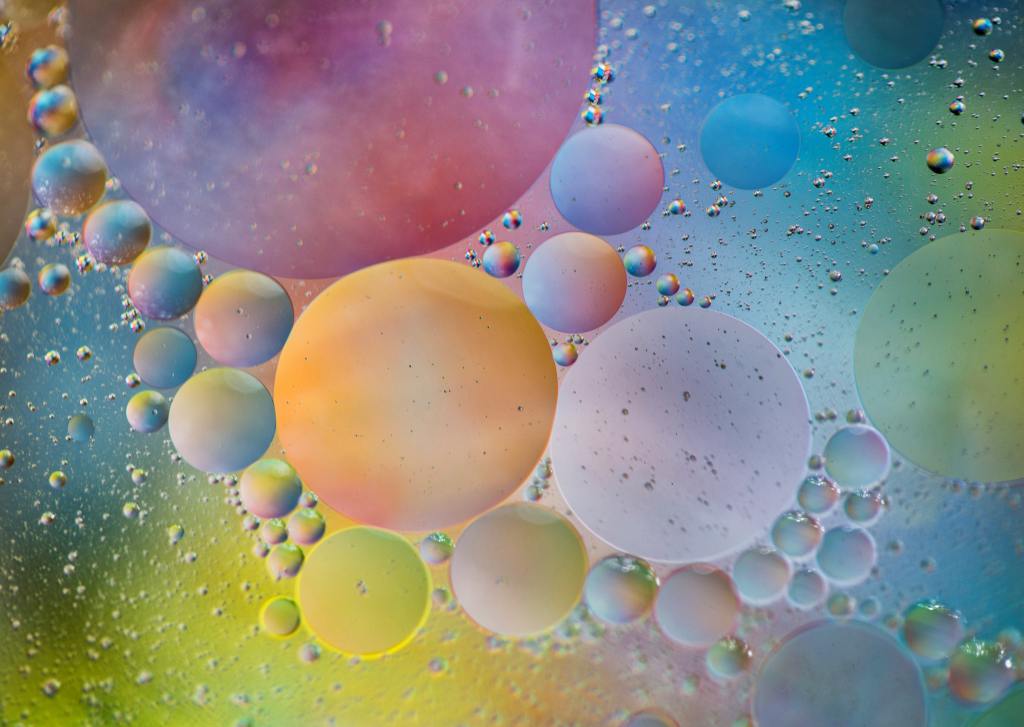
Have you ever repeated a word over and over again to yourself to experience the dissolution of its meaning? What if you were to do that with the word ‘me’? When I was a little kid, repeating the word ‘me’ became a doorway to a world where I was freed from the self that language had created. It was trippy.
In this episode we’ll discuss the role of language in creating, dissolving and protecting selves.
In my academic research I analyse transcripts of conversations to identify the shape of the social structures that emerges from people talking about everyday experiences. I look for grammatical patterns, asking these questions:
- What ‘selves’ are constructed here?
- What is the shape of the social structure here?
- What are the possibilities for transformation here?*
One transformative possibility that has emerged from this type of analysis is that selves need to be protected. Can language protect them?
Think about the work you own name does in constructing your social self. But an anthropological look at naming systems makes it clear that names are less about protecting selfhood, and more about establishing someone’s place in a social structure. Even the seemingly ordinary principle that there are girls’ names for girls and boys’ names for boys, for instance, lets us know that we live in a culture that positions us in a binary gender structure.
Having an established place in a social structure is not the same as knowing that your self is protected, revered, cherished. In my short story, ‘The Greenhouse’, I explore the idea that everything in the natural world has its own blueprint. – its chemical makeup, its DNA signature, etc. Everything in the natural world has something you could call a ‘name’. Or even a ‘self’.
The ‘selves’ are in relationship with each other – molecules combine to form new molecules, membranes form that allow life to emerge
What if the earth were to grant to one of its species the ability to play with these relationship-forming tools?
What if human beings were offered a device to do creativity in exactly the same way the earth does creativity?
Well so far, such a device has created social structures that produce division, hierarchy and exclusion. But there’s hope to be found in the etymology of the word ‘culture’.
Culture is what we cultivate.
Language is what we use to cultivate.
To make a more welcoming social structure, let’s cultivate selves that felt safe and protected, that are crucibles for creation. Let’s use language to form linguistic membranes around selves, create spaces for new experiences, feelings, thoughts and ideas to emerge.
*You can listen to me talk about this in more detail in Episode 58, which is a recording of the talk I gave at Sheffield Hallam University in 2017 in honour of Professor Sara Mills’s retirement. For an even more detailed version, have a look at my book, Selves, bodies and the grammar of social worlds.
Are you enjoying these episodes? Would you like to hear more? Subscribe on Apple podcasts, Spotify, Google podcasts, or wherever you like to listen.
For additional content:
Subscribe to the monthly Grammar for Dreamers newsletter (and get a copy of the Grammar for Dreamers screenplay).
Follow me on Instagram, where I regularly post videos sharing bits of linguistic geekery that delight me: @grammarfordreamers




One thought on “Episode 65 Psychedelic linguistics”